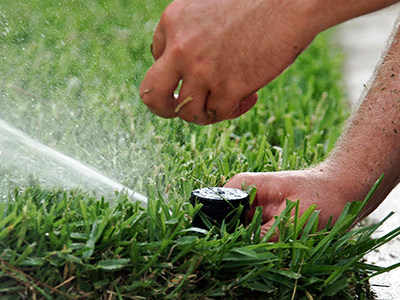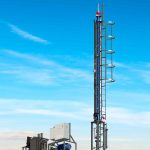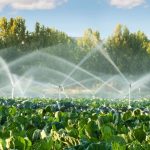General Description of the Training Program:
The course “Maintenance of Modern Irrigation Networks” educates participants about the components of modern irrigation systems, the installation of main and sub-main lines, and maintenance techniques for various parts and components of irrigation networks. This includes pumps, electric motors, filtration and fertilization equipment, water measurement devices, valves, control systems, pipelines, emitters, and sprinklers.
General Objective of the Training Program:
The main objective of this program is to enhance participants’ abilities to apply internationally approved maintenance methods for modern irrigation systems effectively. It aims to equip them with the necessary skills to manage, operate, and maintain modern irrigation projects. Additionally, the course seeks to assist farm managers in achieving efficient water distribution for plants and to familiarize participants with practical technologies and applications.
Detailed Objectives of the Training Program:
The training program includes achieving the following objectives:
- Installation and maintenance of irrigation system components.
- Periodic maintenance of pipeline networks during irrigation seasons.
- Maintenance of pressure regulators and main and sub-main pipelines.
- Periodic maintenance of valves and sprinklers.
- Maintenance of center pivot irrigation systems.
- Measurement of sprinkler discharge under different operating conditions.
- Evaluation of the quality and performance of localized irrigation networks and sprinkler irrigation.
Target Audience:
This course is suitable for the following individuals:
- Anyone interested in maintaining modern irrigation network projects.
- Employees of agricultural development funds.
- Project managers and their assistants.
- Agricultural engineers and agricultural technicians.






